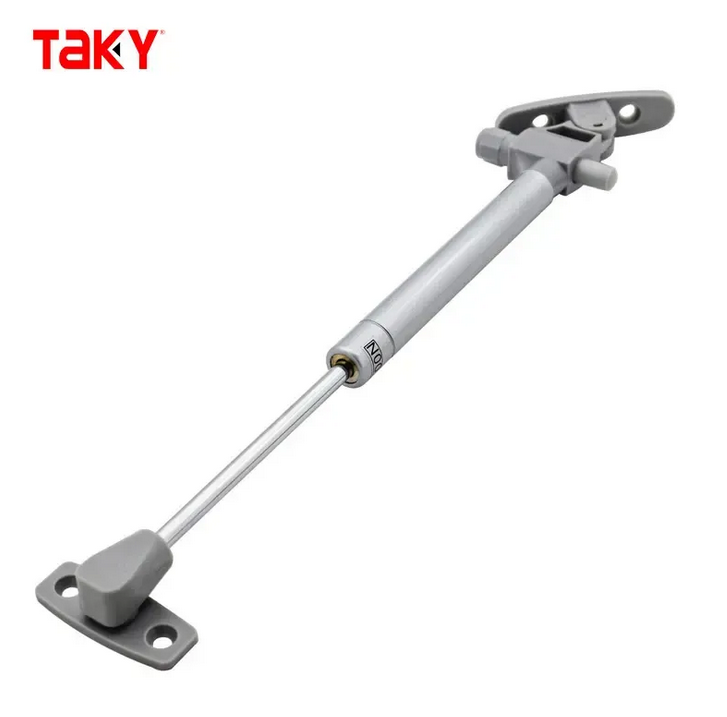The twin screw extruder is a pivotal piece of machinery in various industries, particularly in the processing of polymers, plastics, and food products. Its unique design and operational capabilities allow for efficient mixing, compounding, and shaping of materials, making it an essential tool for manufacturers looking to enhance product quality and production efficiency.
What is a Twin Screw Extruder?
A twin screw extruder consists of two intermeshing screws that rotate within a barrel. This design allows for a high degree of mixing and shear, which is crucial for processing a wide range of materials.
The screws can be configured in either co-rotating or counter-rotating orientations, each offering distinct advantages depending on the application.
Working Principle
The twin screw extruder operates by feeding raw materials into the hopper, where they are transported along the screws. As the screws rotate, they convey, mix, and heat the materials through friction and shear forces.
The design of the screws can be customized with various elements such as kneading blocks and mixing sections to optimize the processing of specific materials.
Advantages of Twin Screw Extruders
- High Efficiency: The intermeshing design allows for thorough mixing and compounding, resulting in uniform product quality.
- Versatility: Twin screw extruders can process a wide variety of materials, including thermoplastics, thermosets, and even food products.
- Scalability: They can be easily scaled up or down, making them suitable for both small-scale and large-scale production.
- Energy Efficiency: Modern twin screw extruders are designed to minimize energy consumption while maximizing output.
Applications Across Industries
- Plastics and Polymers: Widely used for compounding, blending, and pelletizing various plastic materials.
- Food Processing: Employed in the production of snacks, cereals, and other food products, allowing for the incorporation of additional ingredients and flavors.
- Pharmaceuticals: Utilized for the production of drug formulations, ensuring consistent quality and precise dosing.
- Chemical Industry: Used for mixing and processing chemical compounds, enhancing product properties and performance.
Technological Advancements
Recent innovations in twin screw extruder technology focus on increasing torque, speed, and energy efficiency. These advancements enable manufacturers to produce higher quality products while reducing operational costs.
The integration of smart technologies and automation in twin screw extruders allows for real-time monitoring and control, further enhancing production efficiency.
Challenges and Considerations
While twin screw extruders offer numerous benefits, they also come with challenges such as the need for precise control of processing parameters and potential wear on screw elements.
Manufacturers must consider the specific requirements of their materials and products when selecting and configuring a twin screw extruder.
Future Trends
The demand for sustainable and eco-friendly materials is driving innovation in twin screw extrusion technology. Manufacturers are increasingly looking for ways to incorporate recycled materials and reduce waste during production.
The rise of Industry 4.0 is also influencing the development of twin screw extruders, with a focus on automation, data analytics, and enhanced connectivity.
The twin screw extruder is a versatile and efficient machine that plays a crucial role in various industries. Its ability to process a wide range of materials while ensuring high quality and consistency makes it an invaluable asset for manufacturers. As technology continues to evolve, twin screw extruders will likely become even more integral to the future of material processing, driving innovation and sustainability in production practices.




